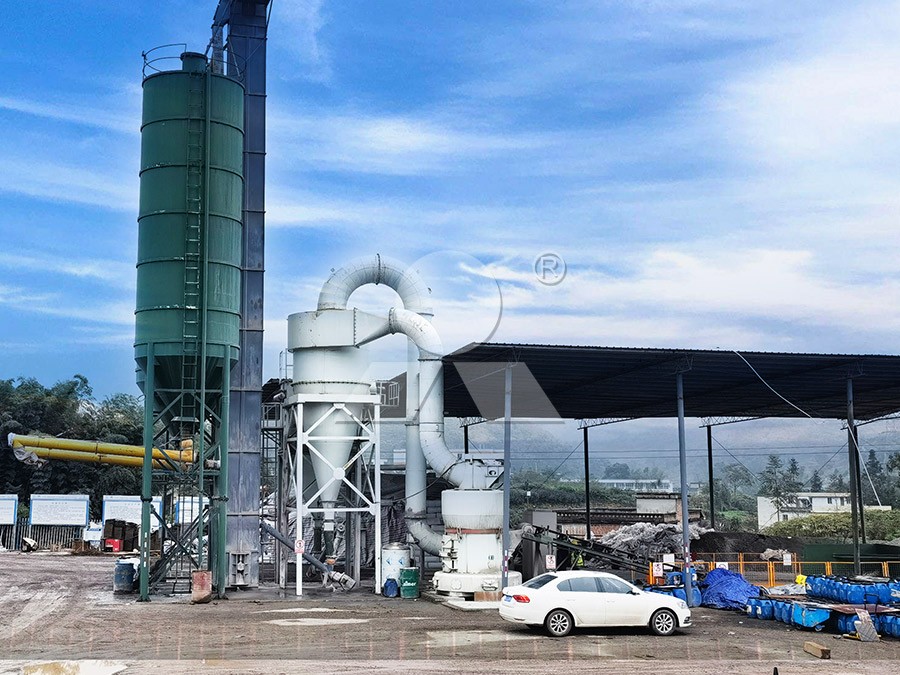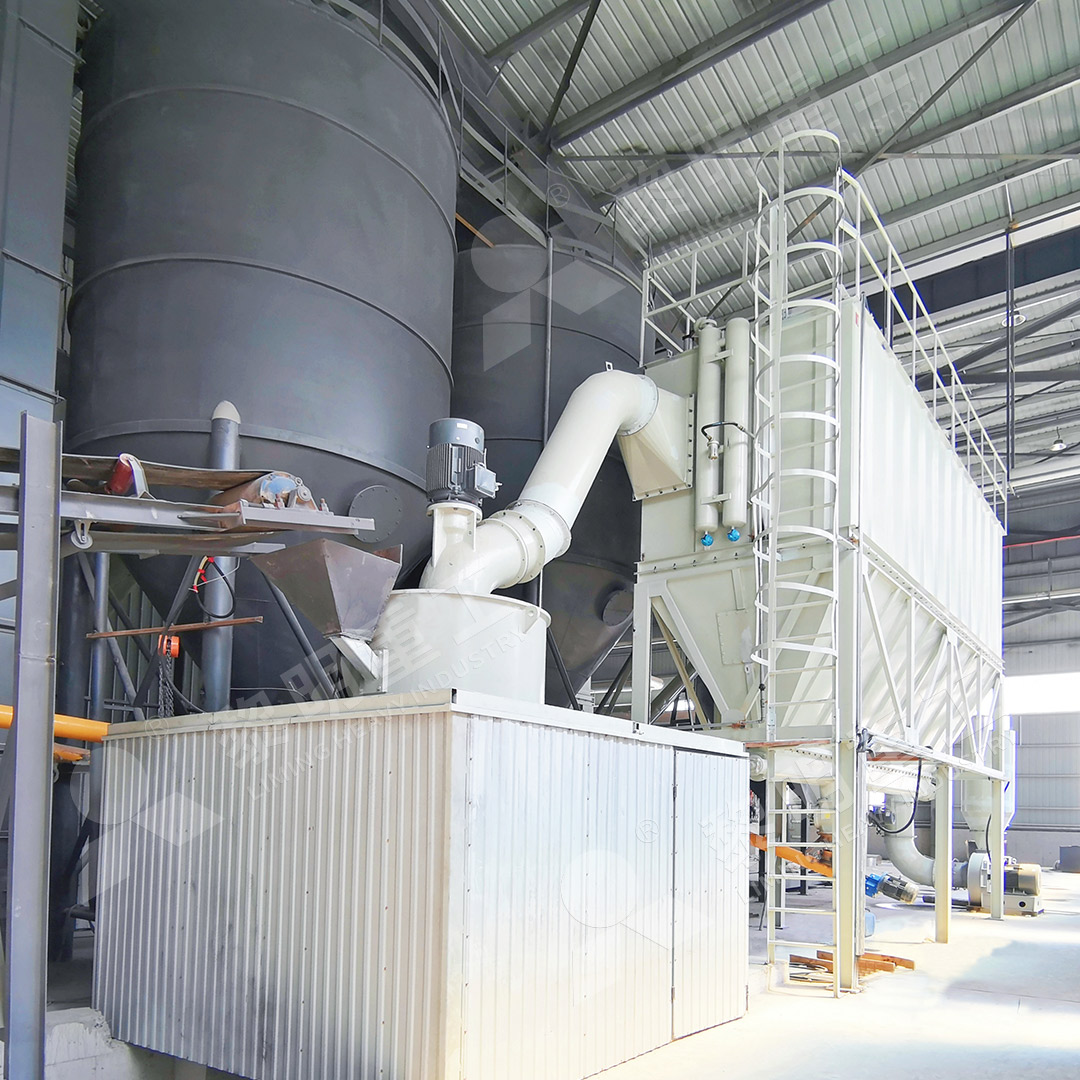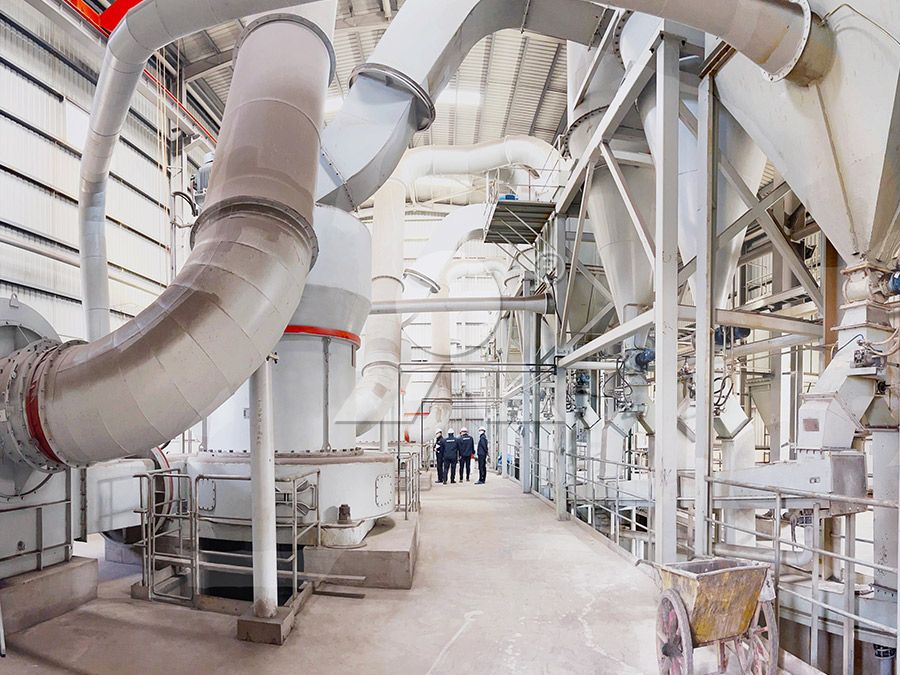How Much Does a Gypsum Grinding Mill Cost?
We provide a wide range of mills — including Raymond mill, trapezoidal mill, vertical mill, ultrafine mill, and ball mill, obtained ISO9001 international quality certification, EU CE certification, and Customs Union CU-TR certification. Suitable for processing minerals such as limestone, phosphate, quicklime, kaolin, talc, barite, bentonite, calcium carbonate, dolomite, coal, gypsum, clay, carbon black, slag, cement raw materials, cement clinker, and more.
The discharge range of these mills can be adjusted to meet specific processing needs, typically from 80-400 mesh, 600-3250 mesh, and can achieve the finest particle size of up to 6000 mesh(D50).
If you are looking for a reliable grinding solution to turn stone or minerals into fine powder, please feel free to contact our online customer service.
How Much Does a Gypsum Grinding Mill Cost?
If you’re in the market for a gypsum grinding mill, you’ve probably asked this question multiple times. The truth is, there’s no single answer – the cost depends on numerous factors including capacity requirements, desired fineness, energy efficiency needs, and environmental considerations. As someone who’s worked in industrial milling for over 15 years, I can tell you that understanding these variables is crucial to making an informed investment.
Key Factors Influencing Gypsum Grinding Mill Prices
When evaluating gypsum grinding mill costs, consider these critical elements:
Capacity Requirements: The production capacity you need significantly impacts price. Smaller operations might find budget-friendly options in traditional Raymond mills or ball mills, while large-scale production facilities will require higher-capacity vertical mills or specialized ultrafine grinding systems.
Fineness Specifications: The required product fineness dramatically affects equipment selection and cost. Standard construction-grade gypsum powder might be adequately served by conventional mills, while high-value applications in pharmaceuticals or food additives demand ultrafine grinding capabilities with precise particle size control.
Energy Efficiency: Don’t just look at the initial purchase price. Modern grinding mills can reduce energy consumption by 30-50% compared to older designs, meaning the operational savings over several years might justify a higher upfront investment.

Recommended Solution: MW Ultrafine Grinding Mill
For operations requiring high-quality gypsum powder with superior fineness control, I frequently recommend considering our MW Ultrafine Grinding Mill. This machine represents the next generation in grinding technology, specifically engineered for customers who need to produce ultra-fine powder efficiently.
What makes the MW series particularly valuable for gypsum processing is its exceptional flexibility. With an adjustable fineness range between 325-2500 meshes and capacity from 0.5 to 25 tph, it can serve diverse applications from standard construction materials to specialized industrial uses. The innovative design eliminates rolling bearings and screws in the grinding chamber, addressing common failure points that often lead to costly downtime.
The economic advantage becomes clear when you examine the operational metrics. Compared to jet mills or stirred grinding mills with equivalent fineness and power, the MW Ultrafine Grinding Mill delivers 40% higher production capacity. When measured against traditional ball mills, the yield advantage doubles. Most impressively, the system energy consumption is only 30% of comparable jet grinding mills.
Environmental and Maintenance Considerations
Modern grinding operations must address environmental regulations and community concerns. The MW Ultrafine Grinding Mill comes equipped with an efficient pulse dust collector and muffler system that effectively minimizes both dust emissions and noise pollution. This integrated approach to environmental protection ensures your operation remains compliant while maintaining positive community relations.
From a maintenance perspective, the external lubrication system allows for continuous operation without shutdowns for lubrication, supporting 24-hour production schedules. Combined with our comprehensive spare parts support and technical services, this design significantly reduces lifetime operating costs.

Alternative Option: LUM Ultrafine Vertical Grinding Mill
For operations with slightly different requirements, our LUM Ultrafine Vertical Grinding Mill presents another excellent option. With input size up to 10 mm and capacity ranging from 5-18 tph, this mill integrates German powder separating technology with Taiwanese grinding roller advancements. The reversible structure simplifies maintenance, while the double position-limiting technology ensures operational stability even under challenging conditions.
Making the Right Investment Decision
When determining your gypsum grinding mill budget, remember that the true cost encompasses far more than the initial equipment price. Consider the total cost of ownership including energy consumption, maintenance requirements, spare parts availability, and potential production losses from downtime. A slightly higher investment in advanced technology often pays for itself through operational efficiencies and reduced maintenance costs.

Every operation has unique requirements, so I encourage you to consult with our technical team to determine which solution best matches your specific production goals, budget constraints, and operational preferences.
Frequently Asked Questions
What is the typical price range for a gypsum grinding mill?
Prices vary significantly based on capacity and specifications. Smaller Raymond mills might start around $50,000, while high-capacity ultrafine grinding systems like the MW series typically range from $200,000 to $500,000 depending on configuration and optional features.
How long does installation and commissioning typically take?
Most grinding mill installations require 2-4 weeks for foundation preparation, assembly, and commissioning. Our technical team provides comprehensive support throughout this process to minimize downtime.
What maintenance costs should I anticipate?
Maintenance costs vary by mill type. The MW Ultrafine Grinding Mill typically has lower maintenance costs due to its absence of rolling bearings in the grinding chamber and external lubrication system. Annual maintenance typically ranges from 2-5% of the initial equipment cost.
Can the same mill process materials other than gypsum?
Yes, both the MW and LUM series mills are versatile enough to process various non-metallic minerals including limestone, calcite, dolomite, barite, and talc, providing excellent investment flexibility.
